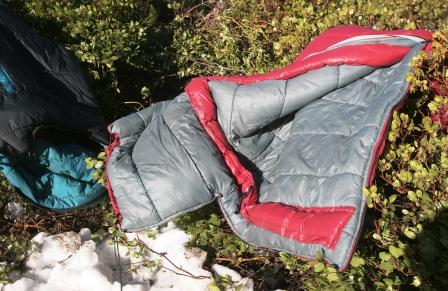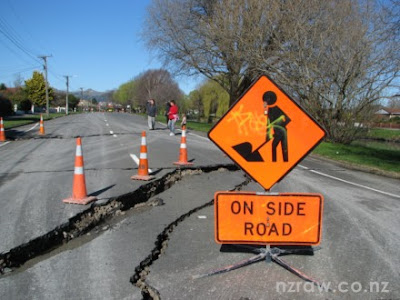 |
| Add weight to balance your vehicle and make it handle better. |
With the season's first significant snowfall in mid-November, the LaPine Fire District Fire-Medics have responded to five serious motor vehicles accidents in just the first two days, due to winter roads! There were many more slide-offs (fortunately no- injury).
Here are 10 very important winter safety driving tips - starting from the easiest and least costly. Note the first six cost little or nothing and you can start doing them immediately and improve your winter travel greatly! Click here to read the entire story.









